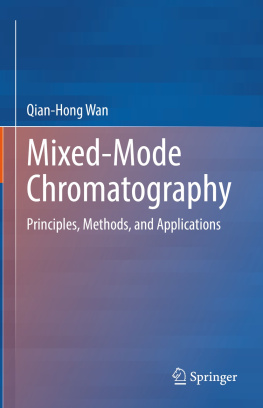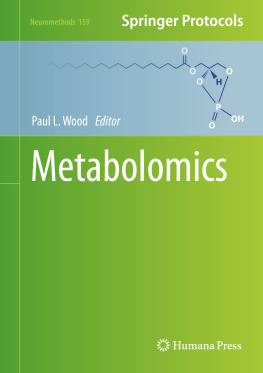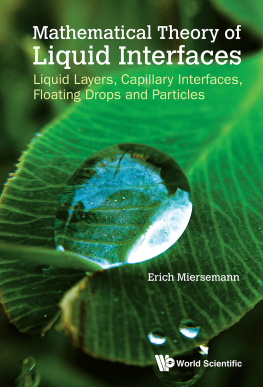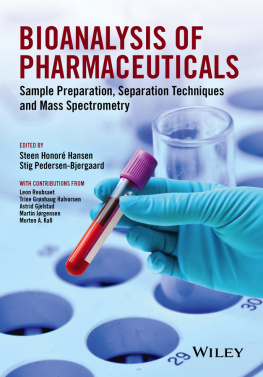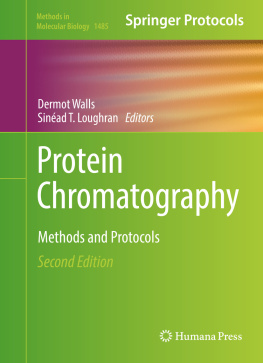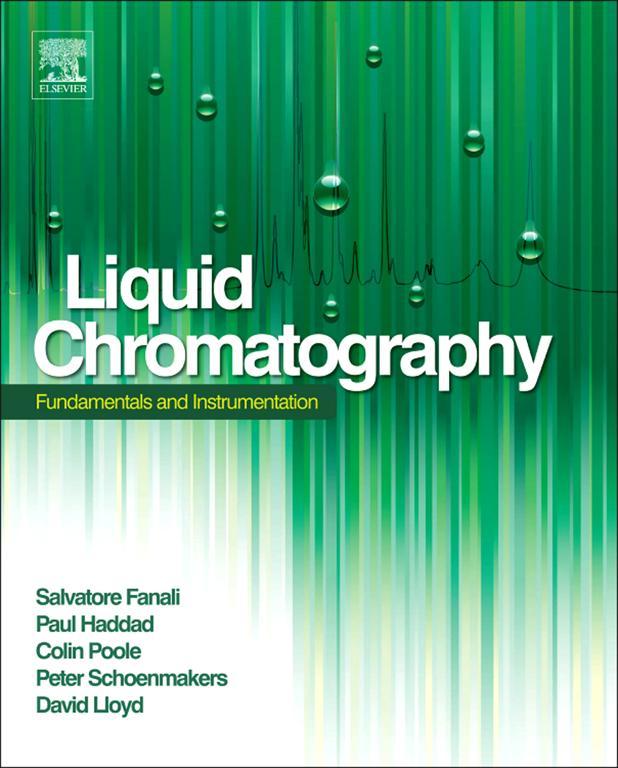Copyright 2013 Elsevier Inc. All rights reserved.
No part of this publication may be reproduced, stored in a retrieval system or transmitted in any form or by any means electronic, mechanical, photocopying, recording or otherwise without the prior written permission of the publisher Permissions may be sought directly from Elseviers Science & Technology Rights Department in Oxford, UK: phone (+44) (0) 1865 843830; fax (+44) (0) 1865 853333; email: , and selecting Obtaining permission to use Elsevier material
No responsibility is assumed by the publisher for any injury and/or damage to persons or property as a matter of products liability, negligence or otherwise, or from any use or operation of any methods, products, instructions or ideas contained in the material herein. Because of rapid advances in the medical sciences, in particular, independent verification of diagnoses and drug dosages should be made
For information on all Elsevier publications visit our web site at store.elsevier.com
Contributors
Z. Aturki , Institute of Chemical Methodologies, Italian National Council of Research (IMC-CNR), Area della Ricerca di Roma I, Rome, Italy
N. Bohni , School of Pharmaceutical Sciences, EPGL, University of Geneva, University of Lausanne, Geneva, Switzerland
A. Cavazzini , Department of Chemistry and Pharmaceutical Sciences, University of Ferrara, Ferrara, Italy
S. Crotti , DAIS, C Foscari University, Venezia, Italy
G. DOrazio , Institute of Chemical Methodologies, Italian National Council of Research (IMC-CNR), Area della Ricerca di Roma I, Rome, Italy
J.W. Dolan , LC Resources, Inc., Walnut Creek, CA, USA
A.S. Edison , Department of Biochemistry and Molecular Biology and National High Magnetic Field Laboratory, University of Florida, Gainesville, Florida
S. Fanali , Institute of Chemical Methodologies, Italian National Council of Research (IMC-CNR), Area della Ricerca di Roma I, Rome, Italy
A. Felinger , Department of Analytical and Environmental Chemistry, University of Pcs, Pcs, Hungary
F. Foret , Institute of Analytical Chemistry ASCR, Brno, Czech Republic
T. Fornstedt , Department of Engineering and Chemical Sciences, Karlstad University, Karlstad, Sweden; Analytical Chemistry, Department of Chemistry - BMC, Uppsala University, Uppsala, Sweden
P. Forssn , Department of Engineering and Chemical Sciences, Karlstad University, Karlstad, Sweden
M.C. Garca-lvarez-Coque , Department of Analytical Chemistry, University of Valncia, Spain
I. Isak , CNR-ISTM, Corso Stati Uniti 4, Padova, Italy
R. Kaliszan , Department of Biopharmaceutics and Pharmacodynamics, Medical University of Gdask and Department of Biopharmacy, Collegium Medicum in Bydgoszcz, Nicolaus Copernicus University in Toru, Gdask, Poland
M. Kaspereit , Friedrich-Alexander-Universitt Erlangen-Nrnberg, Lehrstuhl fr Thermische Verfahrenstechnik, Erlangen, Germany
J. Kuligowski , Department of Analytical Chemistry, University of Valencia, Edificio Jernimo Muoz, Burjassot, Spain
S. Lamotte , Competence Center Analytics, Ludwigshafen, Germany
B. Lendl , Institute of Chemical Technologies and Analytics, Vienna University of Technology, Vienna, Austria
E. Machtejevas , Product Managment Analytical Chemistry, Merck Millipore, Merck KGaA, Darmstadt, Germany
M. Macka , University of Tasmania, Hobart, Australia
K. Ndjoko-Ioset , School of Pharmaceutical Sciences, EPGL, University of Geneva, Geneva, Switzerland
P.N. Nesterenko , ACROSS, University of Tasmania, Hobart, Tasmania, Australia
B. Paull , ACROSS, University of Tasmania, Hobart, Tasmania, Australia
J.A. Queiroz , Department of Chemistry, University of Beira Interior, Covilh, Portugal
G. Quints , Leitat Technological Center, Bio In Vitro Division, Terrassa, Spain
G. Ramis-Ramos , Department of Analytical Chemistry, University of Valencia, Spain
A. Rocco , Institute of Chemical Methodologies, Italian National Council of Research (IMC-CNR), Area della Ricerca di Roma I, Rome, Italy
J. Samuelsson , Department of Engineering and Chemical Sciences, Karlstad University, Karlstad, Sweden
A. Seidel-Morgenstern , Otto-von-Guericke-Universitt Magdeburg, Institut fr Verfahrenstechnik: Max-Planck-Institut fr Dynamik Komplexer Technischer Systeme, Magdeburg, Germany
J.G. Shackman , Bristol-Myers Squibb, New Brunswick, NJ
P. Smejkal , Institute of Analytical Chemistry ASCR, Brno, Czech Republic , University of Tasmania, Hobart, Australia
L.R. Snyder , LC Resources, Inc., Walnut Creek, CA, USA
A.M. Striegel , Analytical Chemistry Division, National Institute of Standards and Technology, Gaithersburg, MD
C.T. Tomaz , CICS-UBIHealth Sciences Research Centre, University of Beira Interior, Covilh, Portugal
J.R. Torres-Lapasi , Department of Analytical Chemistry, University of Valncia, Spain
P. Traldi , CNR-ISTM, Corso Stati Uniti 4, Padova, Italy
K.K. Unger , Institute of Inorganic Chemistry and Analytical Chemistry, Johannes Gutenberg-University, Duesbergweg, Germany
J.-L. Wolfender , School of Pharmaceutical Sciences, EPGL, University of Geneva, University of Lausanne, Geneva, Switzerland
Chapter 1
Milestones in the Development of Liquid Chromatography
L.R. Snyder and J.W. Dolan, LC Resources, Inc., Walnut Creek, CA, USA
Outline
Introduction
Developments before 1960
HPLC at the Beginning
HPLC Theory and Practice
New HPLC Modes and Techniques
Selection of Conditions for the Control of Selectivity
Columns
Particles and Column Packing
Stationary Phases and Selectivity
Equipment
Detectors
Apologies and Acknowledgements
References
The importance of liquid chromatography (LC), and especially high-performance LC (HPLC), in todays world hardly needs stating. It is the most widely used technique for the analysis of chemical mixtures and has contributed in a major way to science (especially the biological sciences) and everyday laboratory practice. Liquid chromatography is primarily a practical technique, so our story is limited to those innovations that contributed significantly to its present use in working laboratories. In reflecting on the history of LC, it appears to us that only a few essential actors are in this drama: single individuals whose absence might have delayed the technique by more than a year or two. Thus, the development of present-day LC has largely been an evolutionary, rather than a revolutionary, process. Furthermore, many important innovations within the past 50 years have occurred within industrial research and development (R&D) groups, where it is often not possible to assign credit for a final product to a single person. Finally, every attempt at history suffers from incomplete and conflicting accounts of who did whatand when. In the present history, we try to emphasize what and when rather than who.


